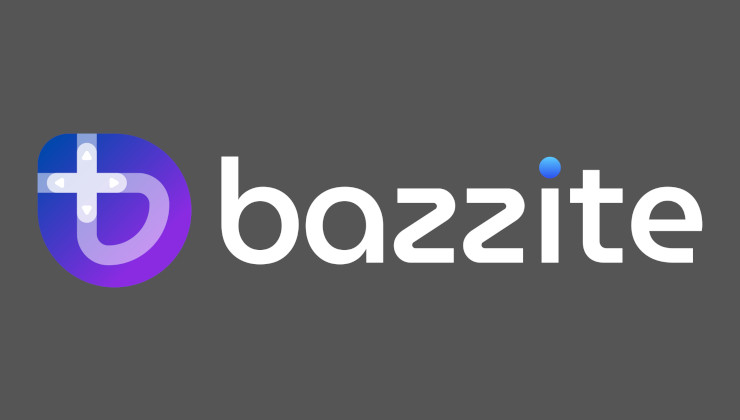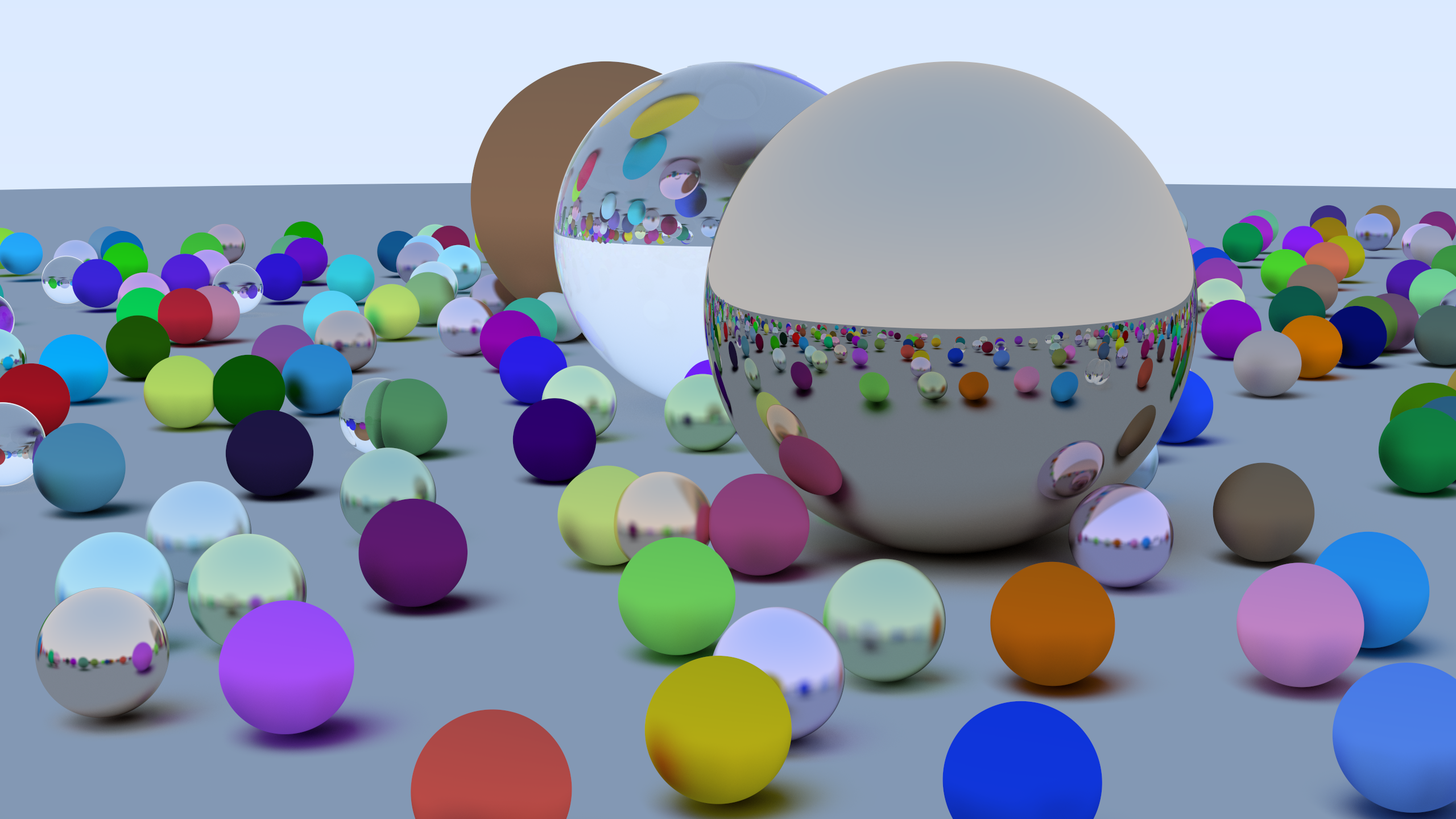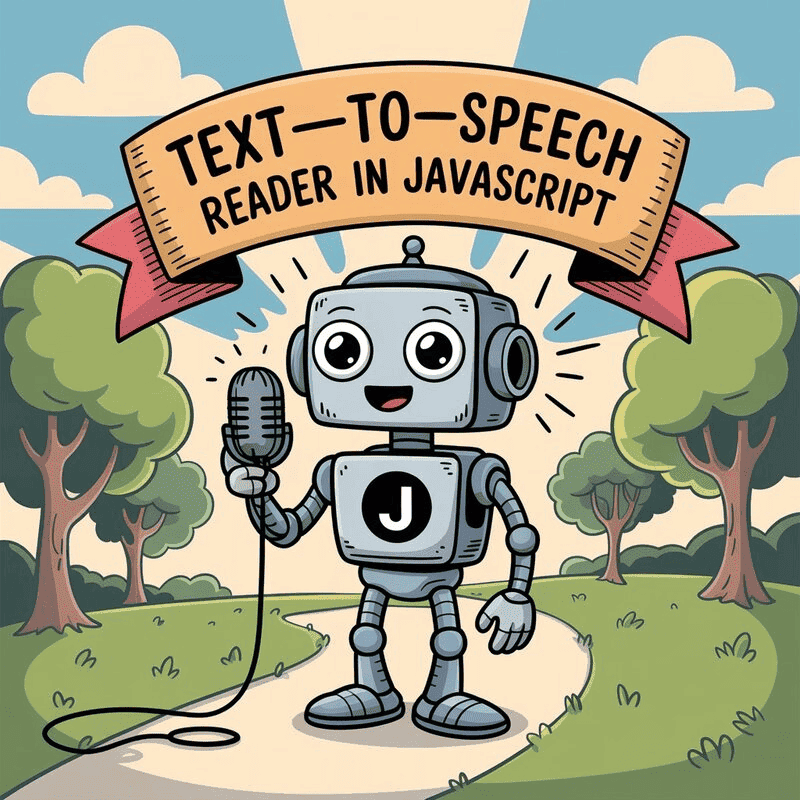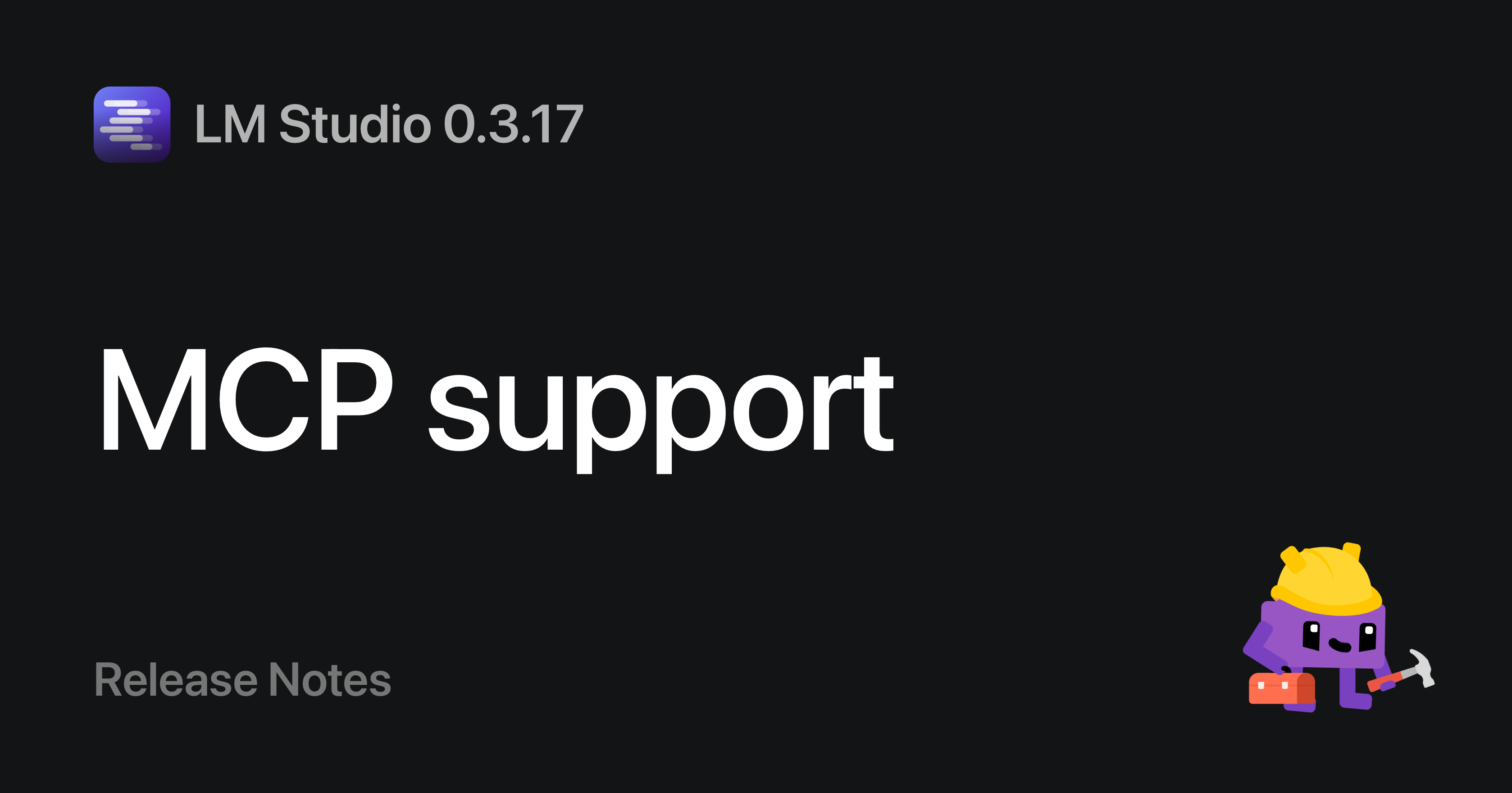Proposal: Add a Declarative Templating API to the Web Platform

This proposal suggests adding a declarative templating API to the web platform. The author argues that while the existing DOM API is powerful, it lacks ergonomic templating capabilities, forcing developers to rely on various frameworks and libraries, increasing development overhead and application size. Declarative templating offers superior code readability, security, performance, and maintainability, aligning with modern web development trends. The proposal suggests leveraging existing Tagged Template Literals, incrementally implementing the API, ultimately supporting HTML templates, thereby enhancing the web development experience.

















